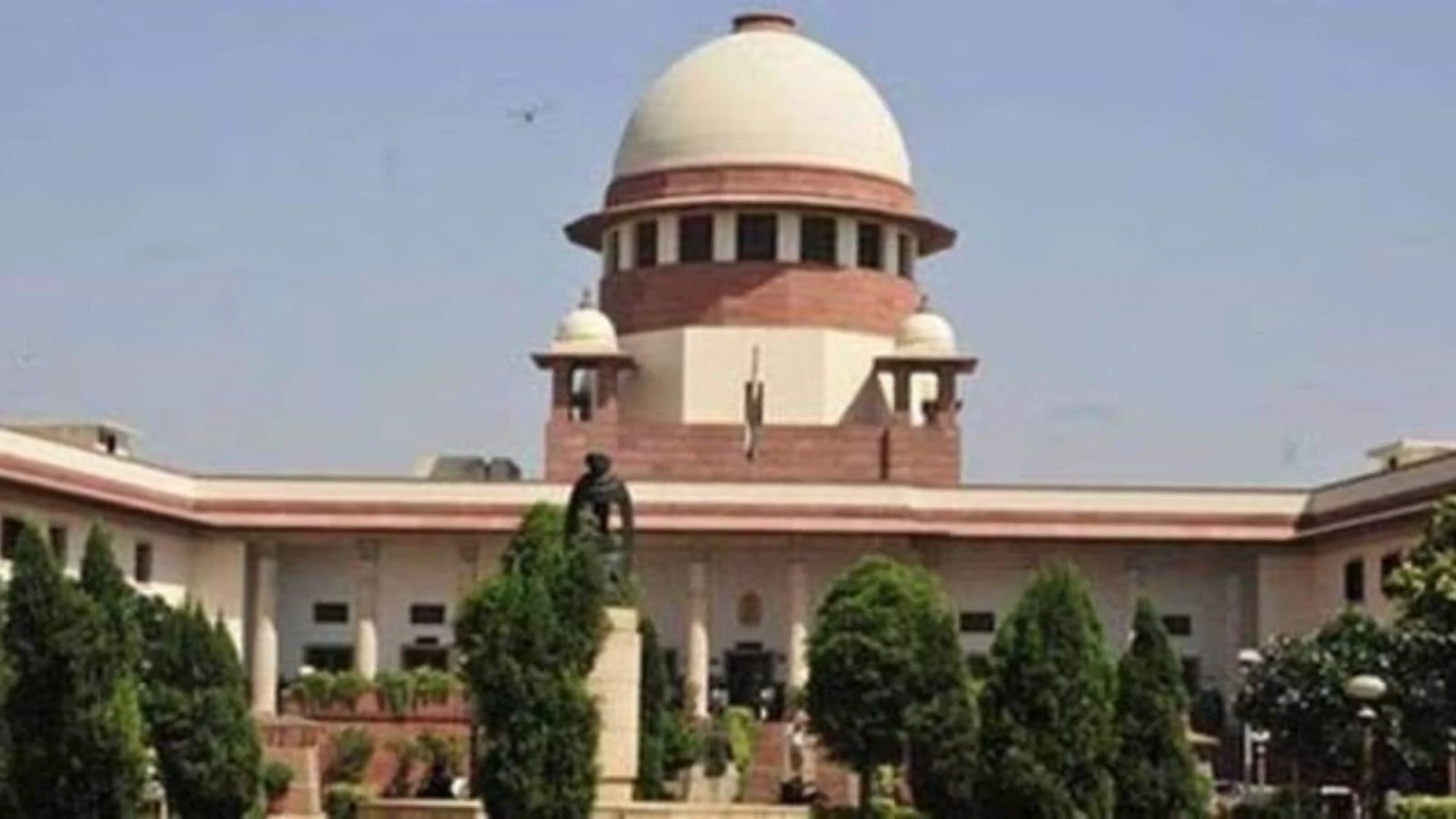Written by Satendra Singh
A NEET aspirant with a disability has been messaging me continually since March. Her only question: “When will the National Medical Commission (NMC) issue revised disability guidelines for MBBS and MD/MS, as per the Supreme Court’s directions?”
On 14 June 2025, the NEET-UG results were declared. Over 750 students with disabilities from diverse communities – General, OBC, SC, ST, and EWS – have qualified. However, their joy is short-lived. The silence of the NMC and the Directorate General of Health Services (DGHS) has left them paralysed by uncertainty. Which guidelines will apply? Have more disability assessment centres been designated? Which colleges can they safely choose? The promised web portal listing accessibility-compliant colleges – as ordered by the apex court – is still absent. This is not merely a bureaucratic delay. It seems to be a defiance of the Supreme Court’s orders, a betrayal of India’s constitutional promise of equality, and perhaps even contempt of court.
In April 2022, the Delhi High Court in Neha Pudil vs NMC directed that the discriminatory disability guidelines be revised within six months. Two years later, that direction remains unimplemented. Then in October 2024, the Supreme Court in Omkar Ramchandra Gond vs UOI mandated the NMC to revise its guidelines before the NEET 2025 brochure was published and to establish an Appellate Medical Body. The brochure was released, but the guidelines and the body were not.
In the same month, in another landmark judgment – Om Rathod vs DGHS – the apex court went further, ordering the establishment of enabling units for reasonable accommodations, accessibility compliance details on the NEET portal, functional support, including assistive technology, modified pedagogy, and trained staff. None of these directives has been followed.
By November 2024, the situation was so dire that the Supreme Court had to summon the DGHS in Anmol vs UOI. Only after the embarrassment of public scrutiny did Anmol receive his rightful MBBS seat. Still, the DGHS has ignored directions to establish Disability Assessment Boards (DABs) in every state and to include doctors with disabilities in these boards, as well as provide them with training on disability justice and ableism. Following the SC’s lead, the Punjab and Haryana High Court in January also ordered the formation of an Appellate Board. The NMC ignored that, too.
In February 2025, the apex court finally struck down the infamous “both hands intact” clause as ableist and left scope for further compliance review. But in March, the Suyash Patil case exposed the NMC’s indifference again: the student lost an entire academic year due to a clerical lapse in DAB records. The NMC’s solution? Accommodate next year.
Even when the NMC did form a committee, it stuffed it with the same architects of the old discriminatory policy. Tokenism ruled: just one doctor with a disability, from an institution outside the NMC’s purview, with no undergraduate programme. Expectedly, this committee missed its 15 April deadline to publish the revised guidelines.
Then came May, and the Kabir Paharia case. The Supreme Court gave relief only one day before NEET 2025. Another student was rescued. Another year lost. Another trauma inflicted.
As of today, both the NMC and DGHS have violated their affidavit in the Anmol matter, which had promised to release guidelines by 15 April 2025. NEET 2025 results are out. But disabled aspirants are frozen in limbo, deprived of the ability to plan or hope.
Worse, the very committee revising the guidelines includes no medical student with a disability. This is a violation not just of principles of participatory justice, but also of international norms. The World Federation for Medical Education – to which NMC is affiliated – mandates in its Basic Medical Standards (2020) under Clauses 4 and 8 that students must be involved in governance.
What we are witnessing is institutionalised impunity. The NMC and DGHS have now routinely defied not just one, but multiple High Court and Supreme Court directives. Why then has no contempt proceeding been initiated? Justice delayed is not only justice denied – it becomes injustice institutionalised. Every day of inaction from the NMC and DGHS is a day of stolen dreams, heightened anxiety, and unconstitutional discrimination against India’s most marginalised NEET qualifiers.
It is now imperative that the Supreme Court’s vacation bench takes suo motu cognisance of this deliberate, systemic, and continuing contempt – and that real accountability, not symbolic compliance, is finally enforced.
The writer teaches at the University College of Medical Sciences, Delhi, and is a disability rights activist. Views are personal
